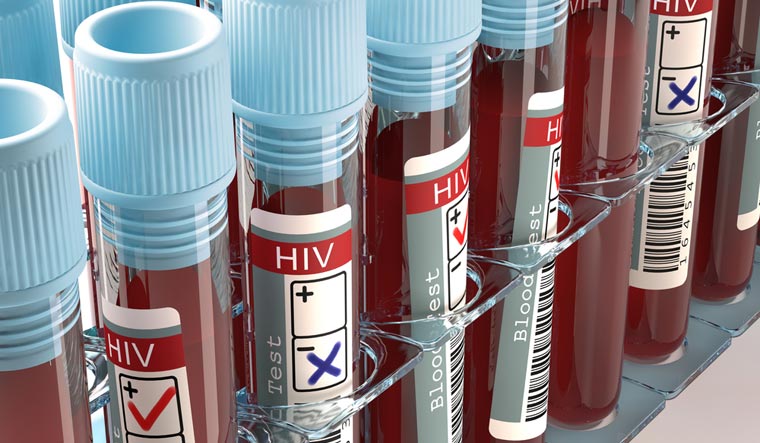The International AIDS Society (IAS) has called for people living with HIV to be included in priority populations for COVID-19 vaccine rollout.
Studies which are to be presented at the IAS virtual conference between July 18 and 21 include global analysis, including that by WHO which indicate that HIV is a significant independent risk factor for severe COVID-19 illness at hospitalization and for in-hospital death.
The conference’s official opening will include remarks from speakers including German Chancellor Angela Merkel; and a panel discussion on the COVID-19 and HIV pandemics with global health experts including Anthony Fauci, director of the U.S. National Institute of Allergy and Infectious Diseases.
Informed by various scientific findings, the IAS will call upon countries to add people living with HIV to the list of groups prioritized in vaccine rollout efforts.
“Studies underscore the importance of countries including all people living with HIV in the list of priority populations for national COVID-19 vaccine programmes,” IAS President Adeeba Kamarulzaman said.
“The global community must also do much more to bring COVID-19 vaccines to countries around the world with high prevalence of HIV and other diseases. It is unacceptable that as of today, less than 3% of the entire African continent have received a single dose of the vaccine and less than 1.5% have received both doses.”
WHO researchers analysed clinical data submitted to the WHO Global Clinical Platform for COVID-19 from 24 countries on more than 15,500 people living with HIV who were hospitalized for COVID-19.
The mean age of these patients was 45.5 years. About 37% were male, about 92% had received antiretroviral therapy and about 36% had severe or critical COVID-19 illness on admission. Their most common underlying chronic conditions were hypertension, diabetes and obesity. Among patients with a known outcome, 23% died in hospital. The study team determined that HIV infection was associated with an increased risk of severe or critical COVID-19 presentation after adjusting for age, sex and comorbidity burden, and of in-hospital mortality after adjusting by age, gender, disease severity and comorbidities burden.
Kamarulzaman said, “There has been a lot of concern about the potential for COVID-19 lockdowns to fuel what UN Women has called the ‘shadow pandemic’ of increased gender-based violence and unintended pregnancy. This study confirms that HIV risk is also a major concern that should be taken into account when designing pandemic response plans”
India has the third largest population in the world of people living with HIV.





